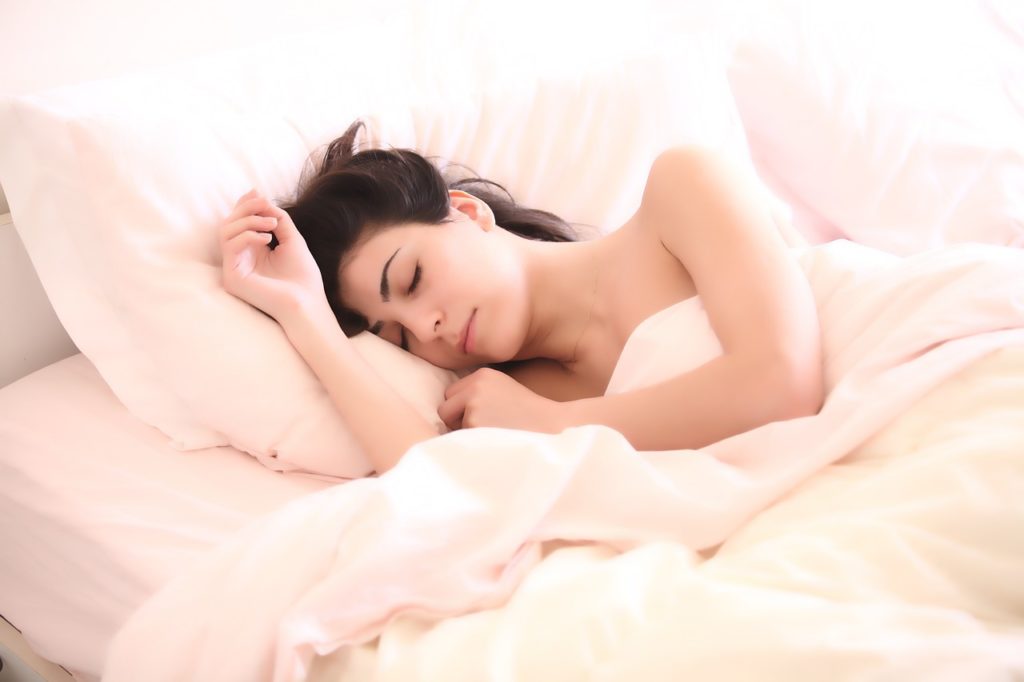Have you said “bye bye” to sleeping through the night?
Are you feeling exhausted or “running on stress hormones” all day?
I know that those of you who have tiny humans who have just entered this world, and even ones that have been around for a few years, may be nodding your heads a fair bit at this point. Isn’t this just the new normal? And perhaps yes, for a short time (hopefully oh so short!).
Many health professionals agree that sleep is THE number one thing that everyone should be focusing on improving, no matter what their health goals are. It’s one of the pillars of health, so to speak, where a good foundation is needed if you’re to build a strong, healthier you.
However, never fear, I have some great tips for you and everyone else to begin to implement!
The science of sleep is fascinating, complicated and growing
Sleep is something that we all do, everyday, and yet we’re only just beginning to understand all of the ways it helps us and all of the factors that can affect it. What we do know is that it’s super, super important not in only helping us function, and keeping us healthy, but also in keeping us sane.
Lack of sleep affects just about everything in your body and mind. People who get less sleep tend to be at higher risk for so many health issues like diabetes, heart disease, and certain types of cancer; not to mention effects like slower metabolism, weight gain, hormone imbalance, and inflammation. Sleep also has an impact on our moods, memory and decision-making skills.
Do you know that lack of sleep may even negate the health benefits of your exercise program?
In a nut shell, the three main purposes of sleep are:
- To restore our body and mind. Our bodies repair, grow and even “detoxify” our brains while we sleep.
- To improve our brain’s ability to learn and remember things, technically known as “synaptic plasticity”.
- To conserve some energy so we’re not just actively “out and about” 24-hours a day, every day. i.e. a little “down time”.
Do you know how much sleep adults need? It’s less than your growing kids need but you may (or may not) be surprised that it’s recommended that all adults get 7 – 9 hours a night. And yes, I know I constantly spout off about the fact that everyone is different, however when it comes to sleep, the amount of sleep we all need is somewhat of a constant (with perhaps a few exceptions).
So let’s make it a priority! And while does quantity matter, the QUALITY of sleep is key!
(Don’t worry, I have you covered with a bunch of actionable tips below.)
Tips for better sleep
- The biggest tip is definitely to try to get yourself into a consistent sleep schedule. Put it in your calender and you’re more likely to achieve it. This means turning off your lights 8 hours before your alarm goes off. Seven. Days. A. Week. I know weekends can easily throw this off but by making sleep a priority for a few weeks your body and mind will adjust and thank you for it.
- Balance your blood sugar throughout the day. This means, eat less refined and processed foods and more whole foods (full of blood-sugar-balancing fiber). Choose the whole apple instead of the juice. Keep an eye out for those hidden sugars! Make sure you’re getting some protein every time you eat and look to for low GI foods over their high GI equivalents.
- During the day get some sunshine and exercise. These things tell your body it’s daytime; time for being productive, active and alert. By doing this during the day it will help you wind down more easily in the evening.
- Cut off your caffeine and added sugar intake after 12pm. Whole foods like fruits and veggies are fine, it’s the “added” sugar we’re minimizing. So no energy drink pick-me-up at 3pm (or ever, please!!!) Both caffeine and added sugar can keep your mind a bit more active than you want it to be, come evening.
- Have a relaxing bedtime routine that starts 1 hour before your “lights out” time (that is 8 – 10 hours before your alarm is set to go off). This would include dimming your artificial lights, nixing screen time and perhaps reading an (actual, not “e”) book or having a bath. You can even get glasses to wear in the evening that will help reduce the effect of the blue light emitted from our devices, and enable your natural melatonin levels to kick in.
So how many of these tips can you start implementing today?
References:
http://www.precisionnutrition.com/hacking-sleep
http://www.thepaleomom.com/gotobed/

